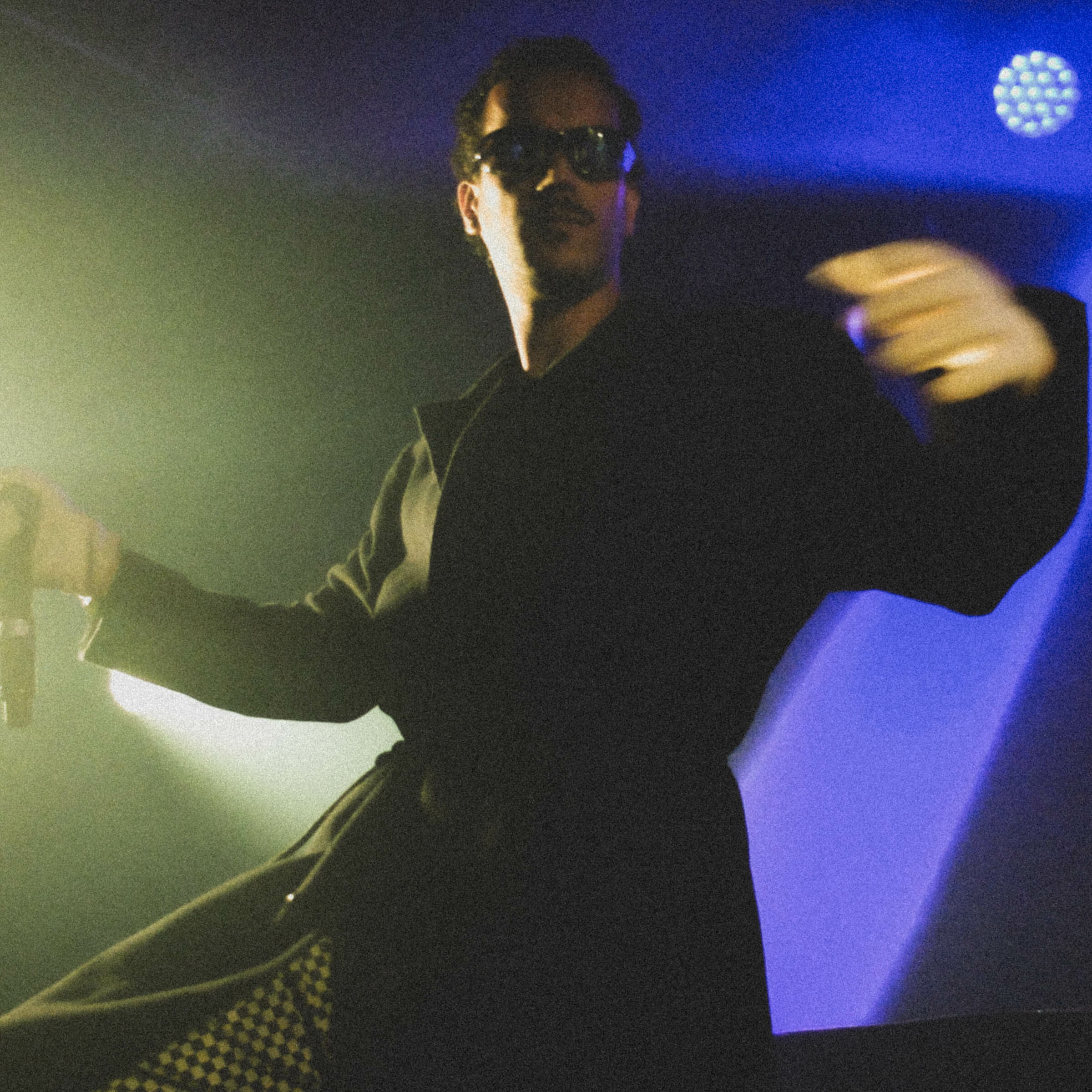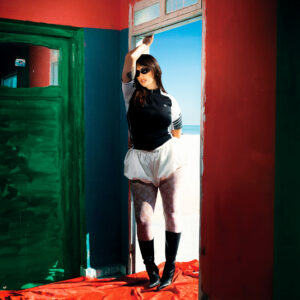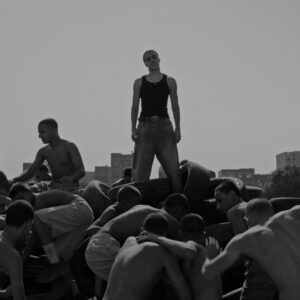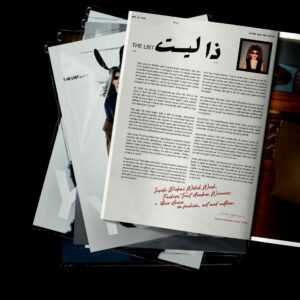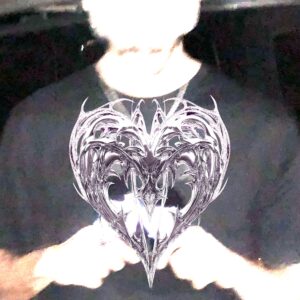“We are seeing the movement getting bigger in Europe, with more and more new collectives popping up in the region and the diaspora. That makes us really happy because people are gathering around something that was much needed when we started Yalla—bringing attention to where we are from,” shares founder Bader Shashit.
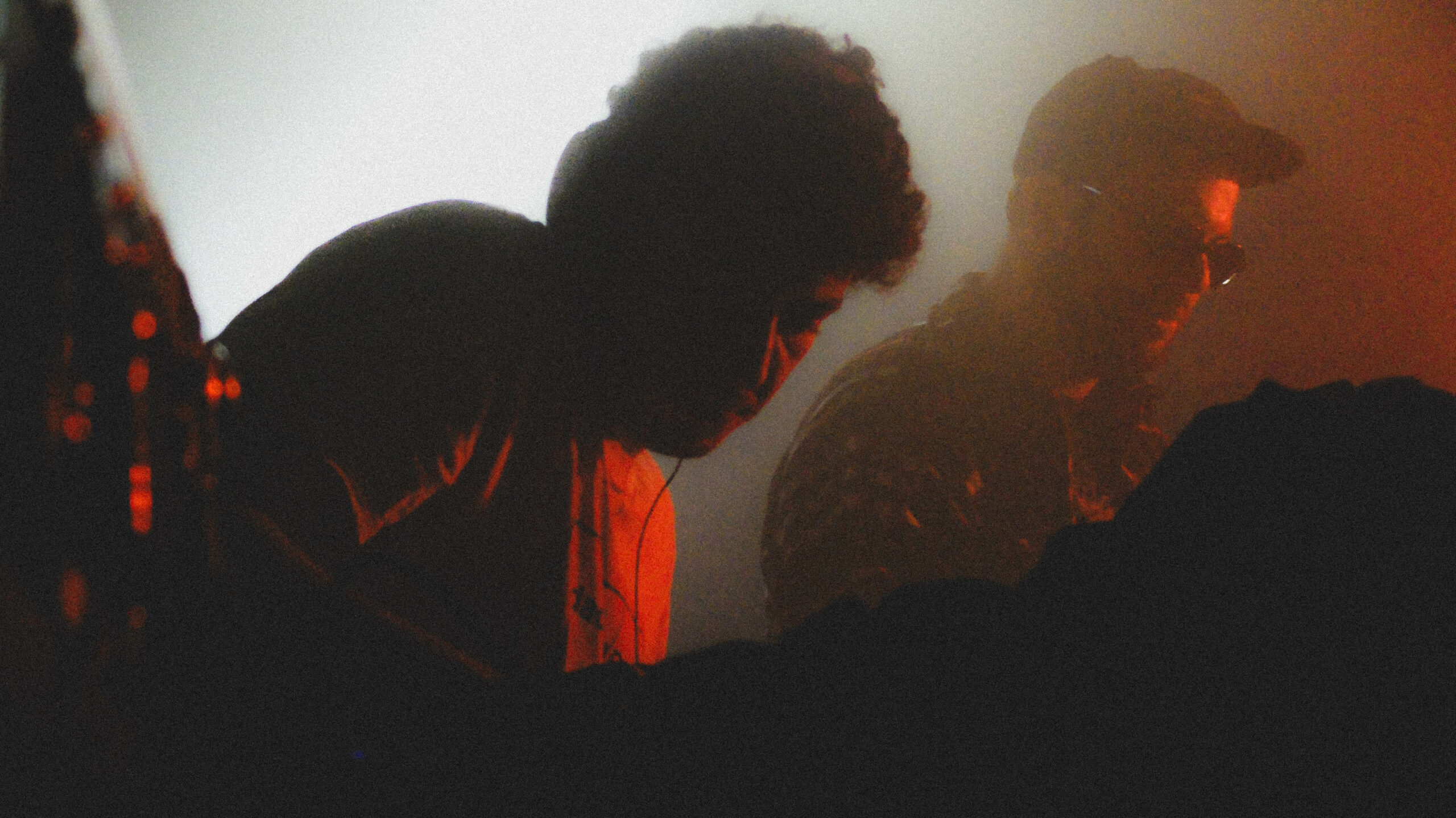
In the thick of Belgium’s club culture, Yalla Worldwide—once Yalla Nightlife—has evolved into something bigger than its founder Bader Shashit could have anticipated. Diasporas often exist in a strange limbo—never fully at home anywhere, yet always carrying home within them. It’s this restlessness that waters homegrown ecosystems like Yalla Worldwide.
Shashit, a social worker turned music curator, saw the gaping hole in Ghent’s nightlife—a scene that operated on exclusivity, gatekeeping, and Eurocentric electronic music norms. If you were Arab, Black, or from any other marginalized background, your options were limited. Either assimilate into whitewashed club spaces or stick to stereotypical “ethnic” nights, thrown together by organizers with a surface-level understanding of what the culture actually represented.
“The city’s clubbing scene was monotone,” explains Shashit. “If you were Arab, you either went to gangster clubs or shisha bars. If you wanted electronic music, you had to deal with clubs where the bouncers made you feel like an outsider before you even got through the door.”
That frustration morphed into action. The first Yalla event took place in 2021, post-lockdown, in a packed cultural house that felt more like a wedding than a club night. From there, it snowballed.
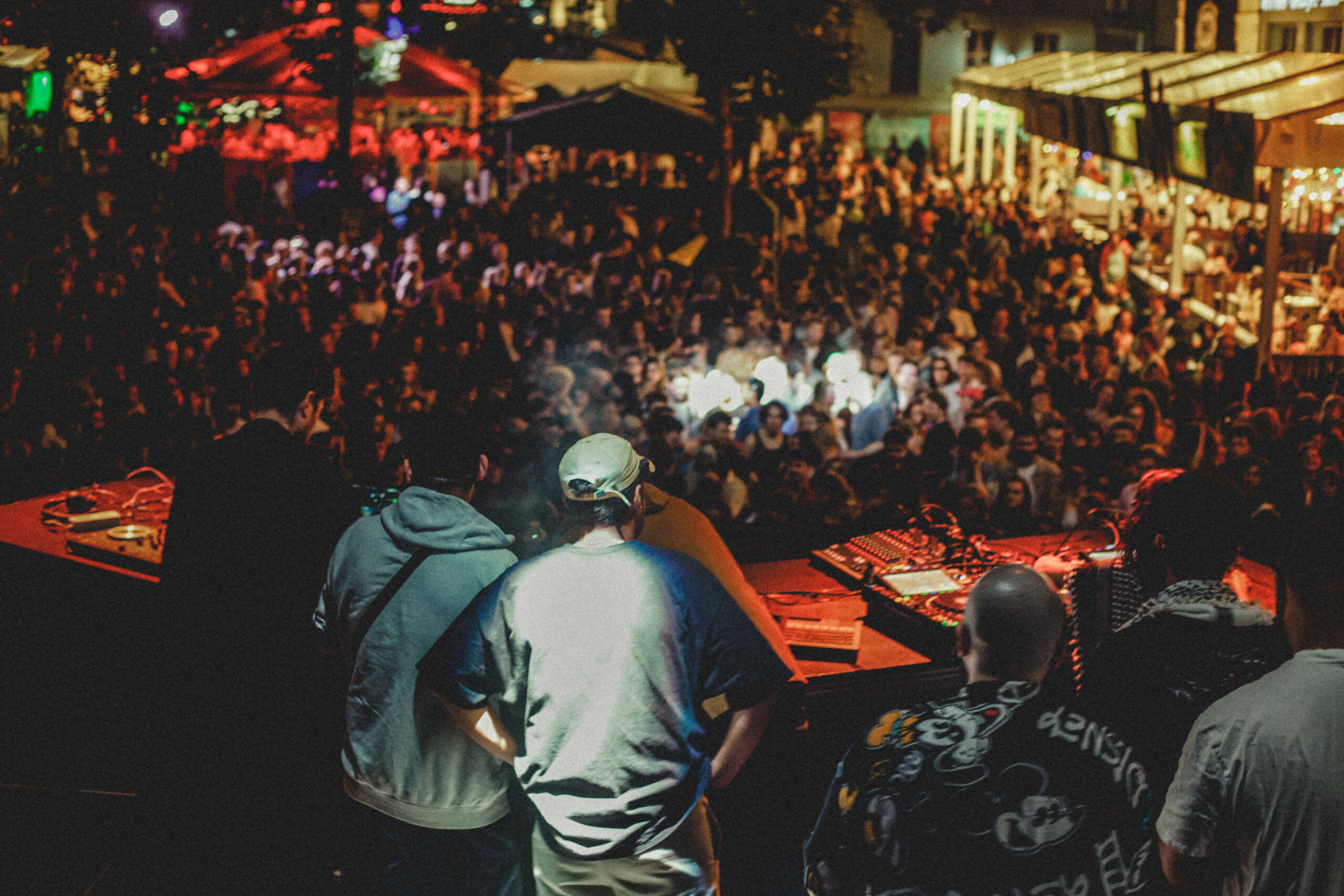
2024 was a turning point. Yalla went all in. A three-day festival takeover with Rizan Said, Aïta Mon Amour, DAM, and a stacked lineup of DJs. Five thousand people lost in the music, a full-blown moment of recognition for something that started from nothing. “That year was legendary for our project because we programmed a three-day festival takeover with the biggest live names from the region.” In a city like Ghent—home to R&S Records and Fruity Loops—it’s not easy to stand out. But Yalla never cared about easy.
The climb has been relentless. 2023 saw them take over two festivals in Ghent and shut down Ancienne Belgique (AB) in Brussels with Moroccan rap superstar ISSAM Harris. “These events would never have been possible without the community and the people who supported us since day one, from the first party in a local club in Ghent with Cheb Runner,” shares Shashit. The energy in that room, in Belgium’s biggest venue, was undeniable. Yalla had gone from a party series to a full-fledged movement, a space where Arab artists and their global community could finally see themselves in the sound, in the crowd, in the culture. “For us, Yalla Worldwide is not just a party series—you can say it was and still is a movement for so many ambitious artists from the diaspora and worldwide,” he says.
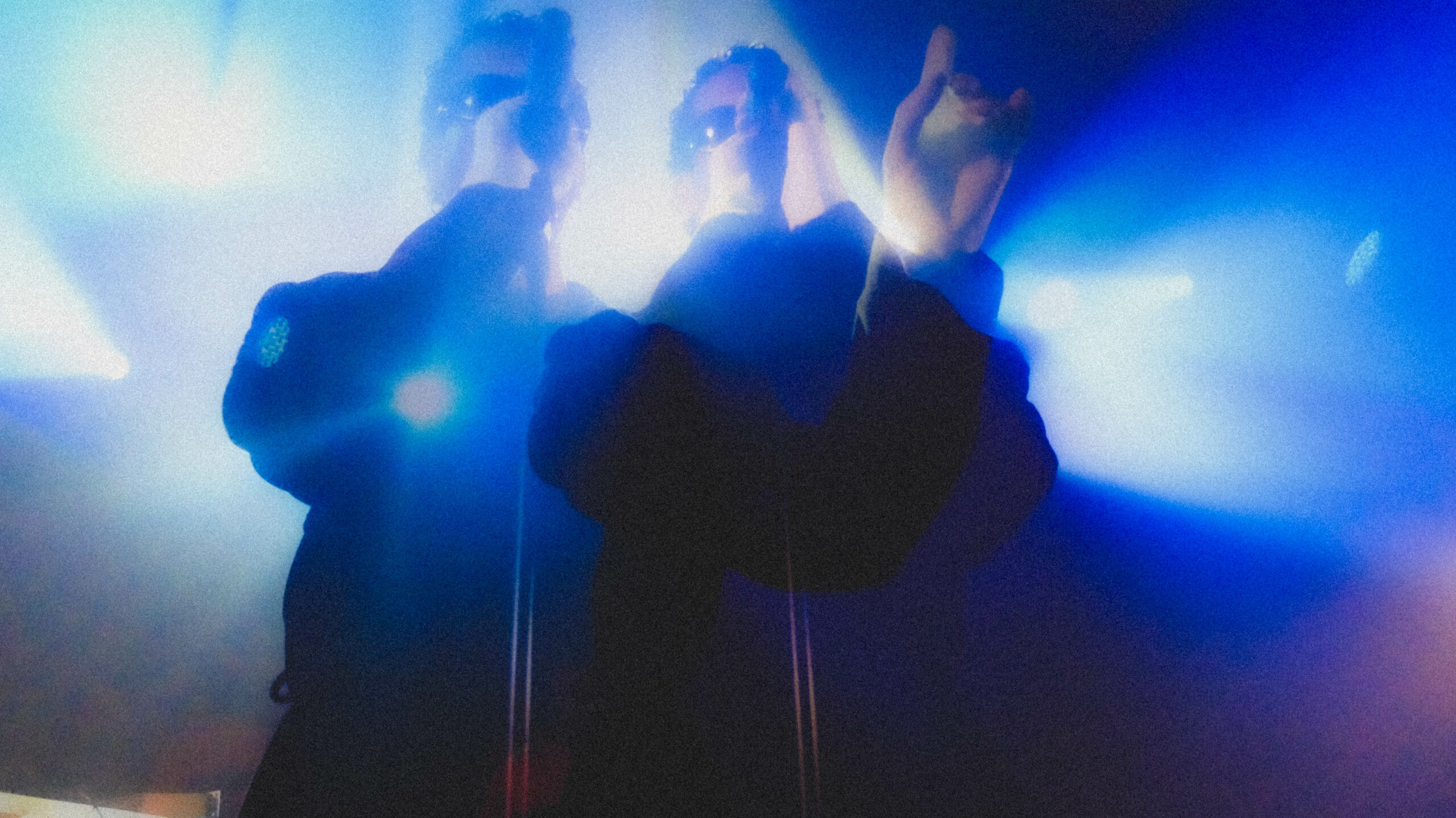
The next step was SAWNA—a record label with no interest in neat definitions. “Our record label, SAWNA, is a cheap knockoff of the famous term SWANA, which was a bit annoying for many artists who believe in art as a way of connecting and reflecting rather than just a flashy name that puts your whole vision into a category. For me, as an artist from different backgrounds, I couldn’t see myself in this term—nor could our label.” Yalla doesn’t do categories. They do gut-wrenching, sweat-drenched music. The first release, Ramad (رماد) by 5amaseen, is pure chaos—nasty jungle breaks and breakcore textures that pull from Cairo’s underground. “5amaseen is well known for his energetic live sets, which are sometimes inspired by his hometown, Cairo, where he grew up.” Next up: GEN Z(EP) by BADER, a 12-track sonic assault featuring remixes from Loris, Ortensio, Hemanü, D3mor, and 5amaseen, with vocals from Whyusef and Sizer.
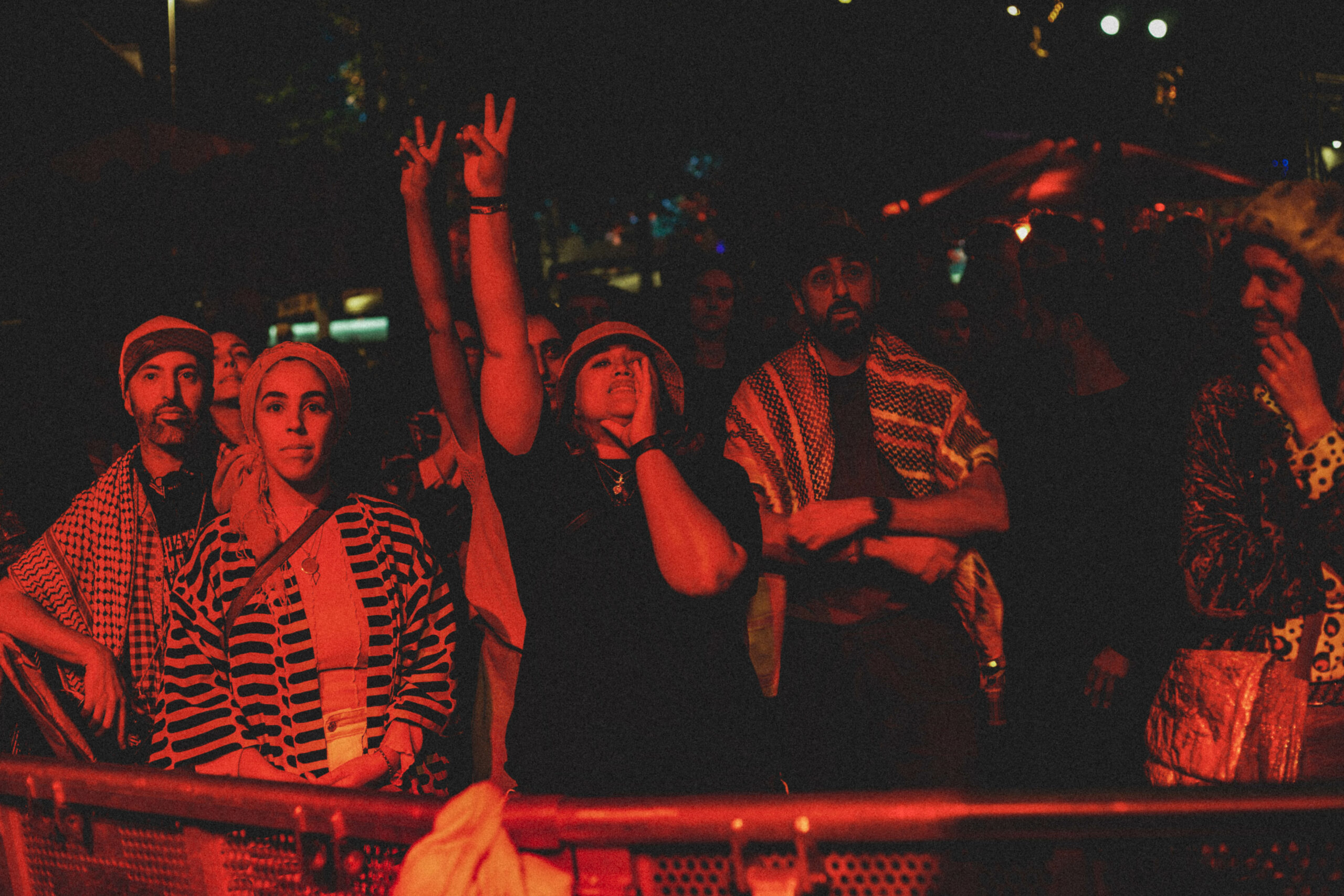
2025 is already set to be another massive year. Yalla is curating The Sound of the Belgian Underground, a festival that champions the cutting edge of electronic music. Despite its rapid growth, Yalla has kept its vision focused. While global recognition is great, the founder is fixated on something more critical—giving tools to the next generation. “Our main focus in 2025 will be the local youth, who are showing more interest in making electronic music, especially now that everyone wants to be a DJ. Five years ago, everyone wanted to be a rapper. Now, they want to DJ. But they don’t have the resources, and we’re trying to change that.” Yalla has started a music studio where young producers and DJs can record sets and mix tracks. The goal is to take it even further—mobile studios, accessible education, resources for kids who would otherwise never have the opportunity.
Sony Music Belgium has expressed interest in supporting the project, but Yalla is wary of big-name partnerships. “We’re trying to get this idea bigger, not just in our small studio. We want a studio on wheels, moving to different places and cities. But it has to be on our terms.” The independence of Yalla is what makes it powerful. It’s what keeps it honest.
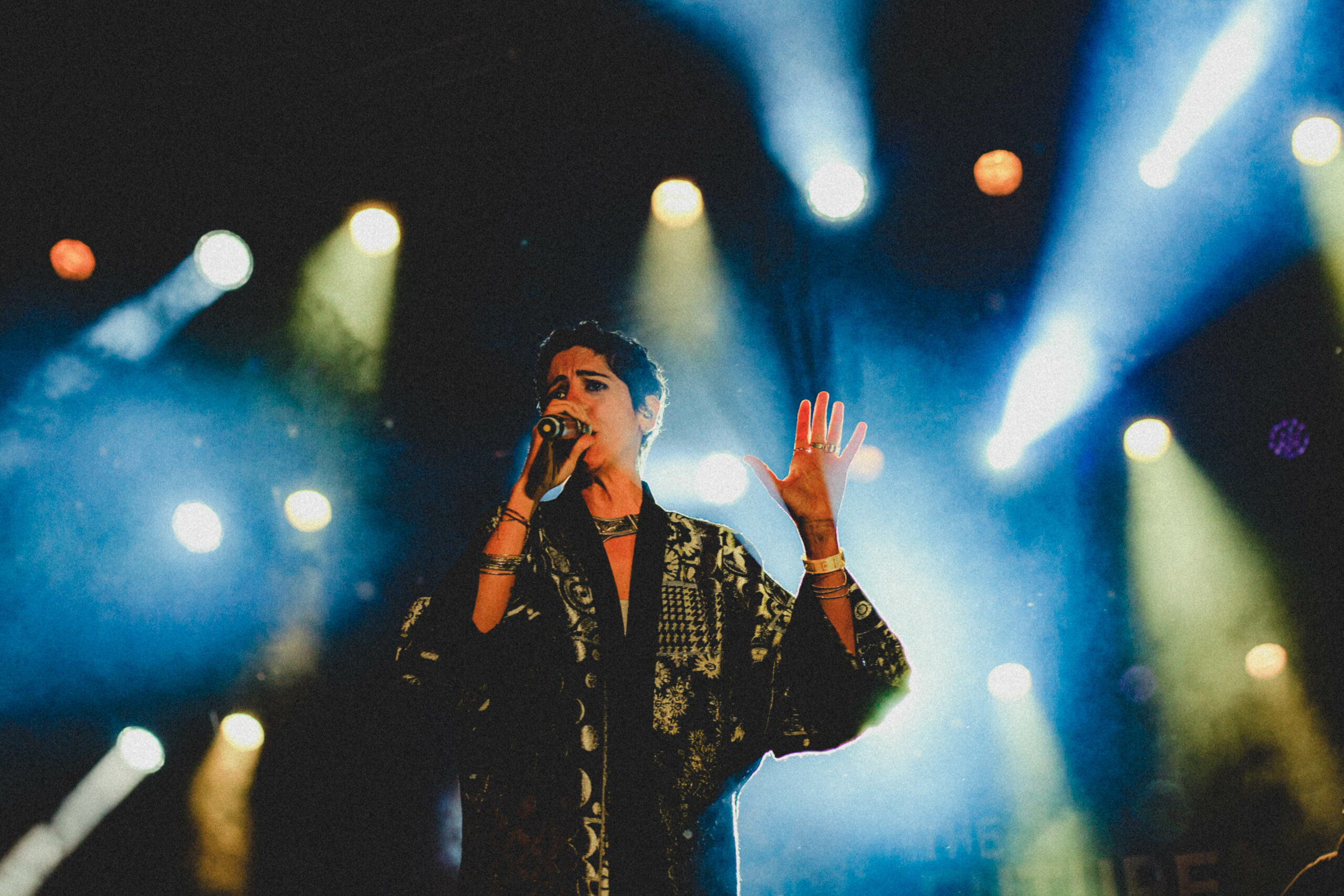
And while Arab music is making more noise than ever, Yalla still sees the gaps. “The things happening in the region are interesting, but to create a real scene, you need strong communities that grow big enough to lead, innovate, and create new things.
In Europe, it’s a different kind of fight. The big festivals still treat “world music” like an aesthetic, booking artists based on Instagram numbers instead of sound. But beneath all that, the real scene thrives. “Despite the big festivals’ fetishization of the term ‘world music’ and their habit of booking artists based on Instagram numbers, you still have raw, underground places where you see ugly DJs and artists playing and making sick music,” says Shashit.
At its core, Yalla is deeply political, but not in the superficial way that brands love to commodify. The team is embedded in pro-Palestinian activism, and their community has been one of the most vocal in Belgium’s nightlife scene when it comes to Gaza. Unlike many collectives posting empty statements, Yalla mobilizes. “Belgium isn’t like France or Germany,” the founder noted. “Here, freedom of speech still means something. Our community—whether they’re Arabs, Belgians, or anyone in between—has shown up for Palestine in ways we’ve never seen before.” Fundraisers, direct aid efforts, full-throated advocacy—Yalla doesn’t shy away from the realities of its community.
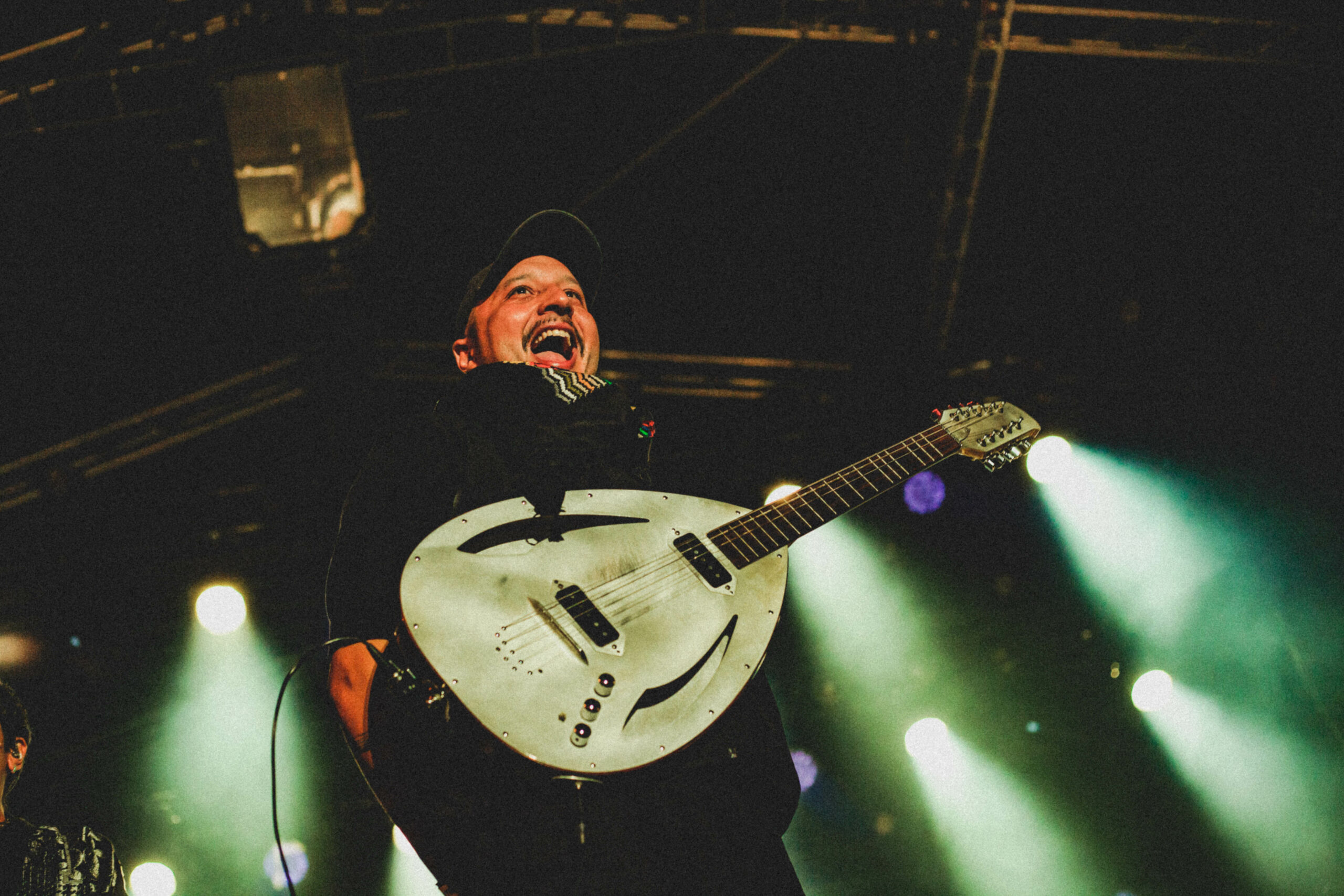
Electronic music is identity. It is history, politics, and resistance. “Techno was Black. All electronic music was Black, but it was colonized in Europe. Now, Arabic electronic music is emerging, and we need to protect it.” Yalla isn’t waiting for industry approval; they’re building their own stage. “We need to break the lineup cycles. There are so many hidden gems in the region, but festivals keep booking the same names. We’re here to change that.”
The road ahead is long. As more collectives emerge across Europe, Yalla is positioning itself as a connector rather than a gatekeeper. Yalla isn’t just music, it’s movement, memory, and momentum all colliding in real-time. And if the past few years are any indication, this is only the beginning.
For more stories like this out of MENA and its diaspora click here.
